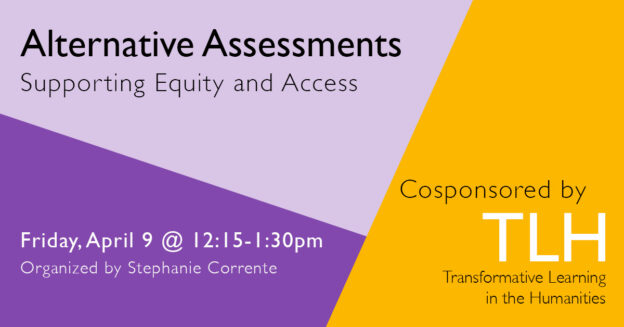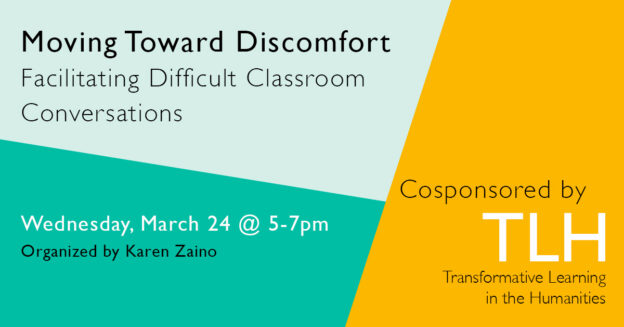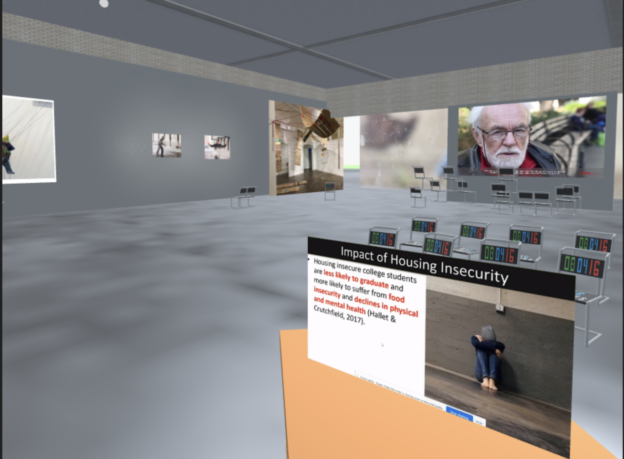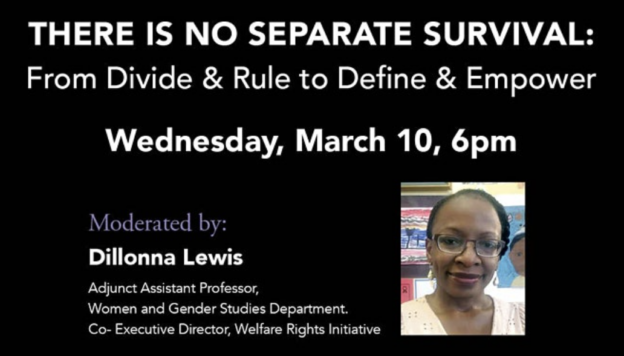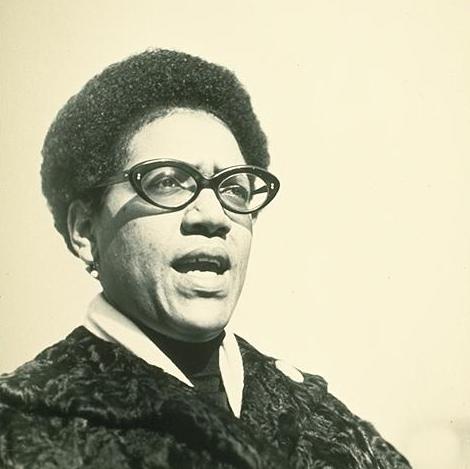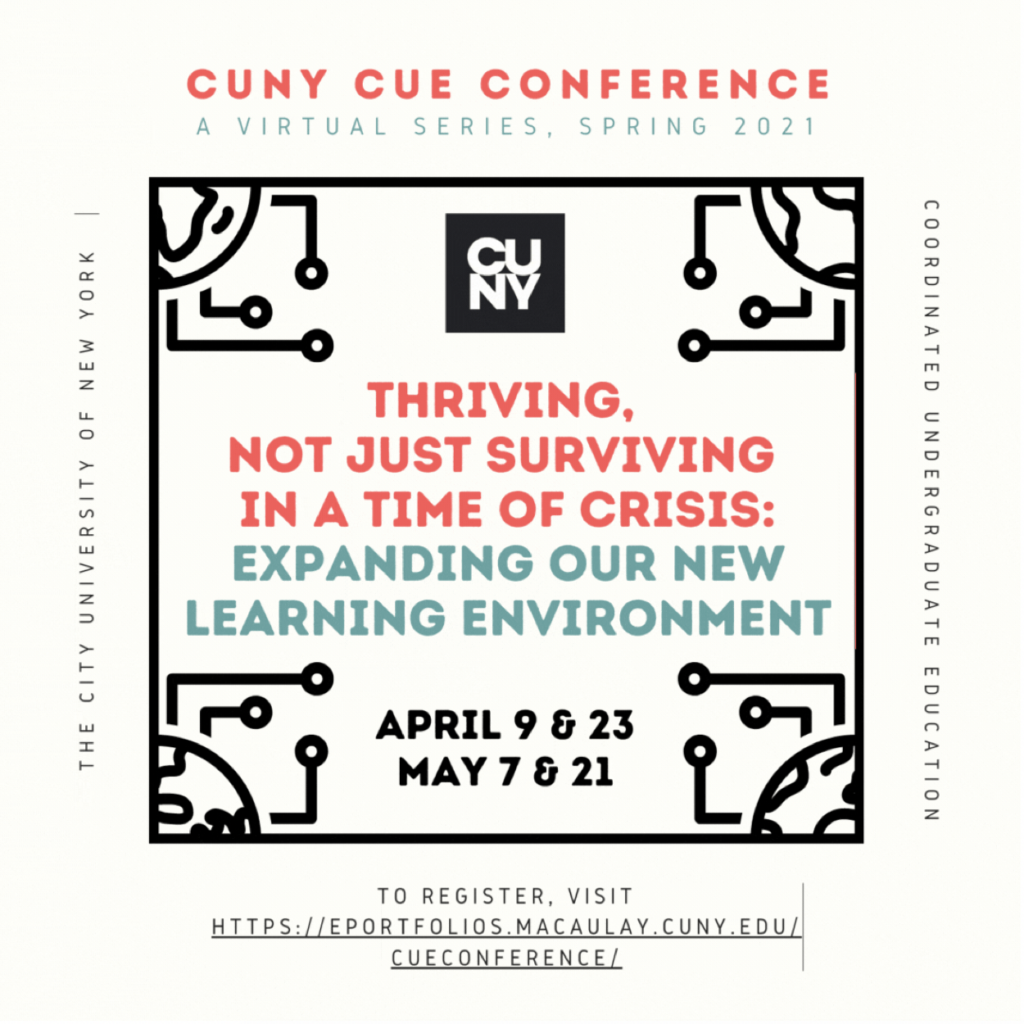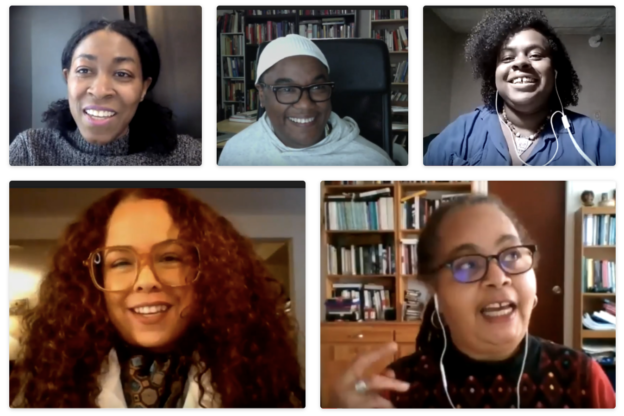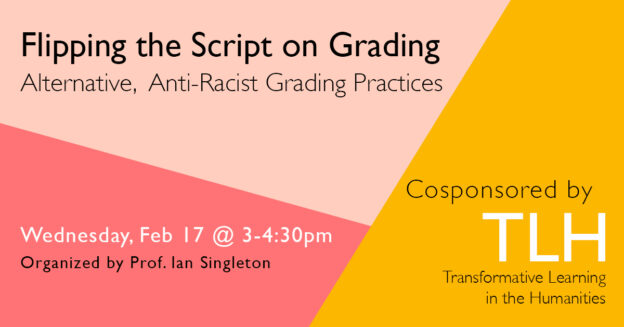As educators with the City University of New York, we know that our learners come to our classrooms as unique individuals. They bring with them diverse experiences and backgrounds.
Assessment and Learner Variability
“In learning environments, individual variability is the norm, not the exception.” UDL and Assessment | An Introduction to UDL and Assessment
In our role as educators, we use assessments to measure student understanding and progress. The purpose of an assessment is to measure what our students can do, or know. If an assessment doesn’t accommodate the wide variability of our learners then they fail to do what they must by design: evaluate our students and provide us with vital information about their learning and our practice.
It is an essential part of our courses. It is therefore essential that assessments accommodate learner differences if they are to be effective. We must design our assessments with the diversity of our learner needs at the forefront. Continue reading
